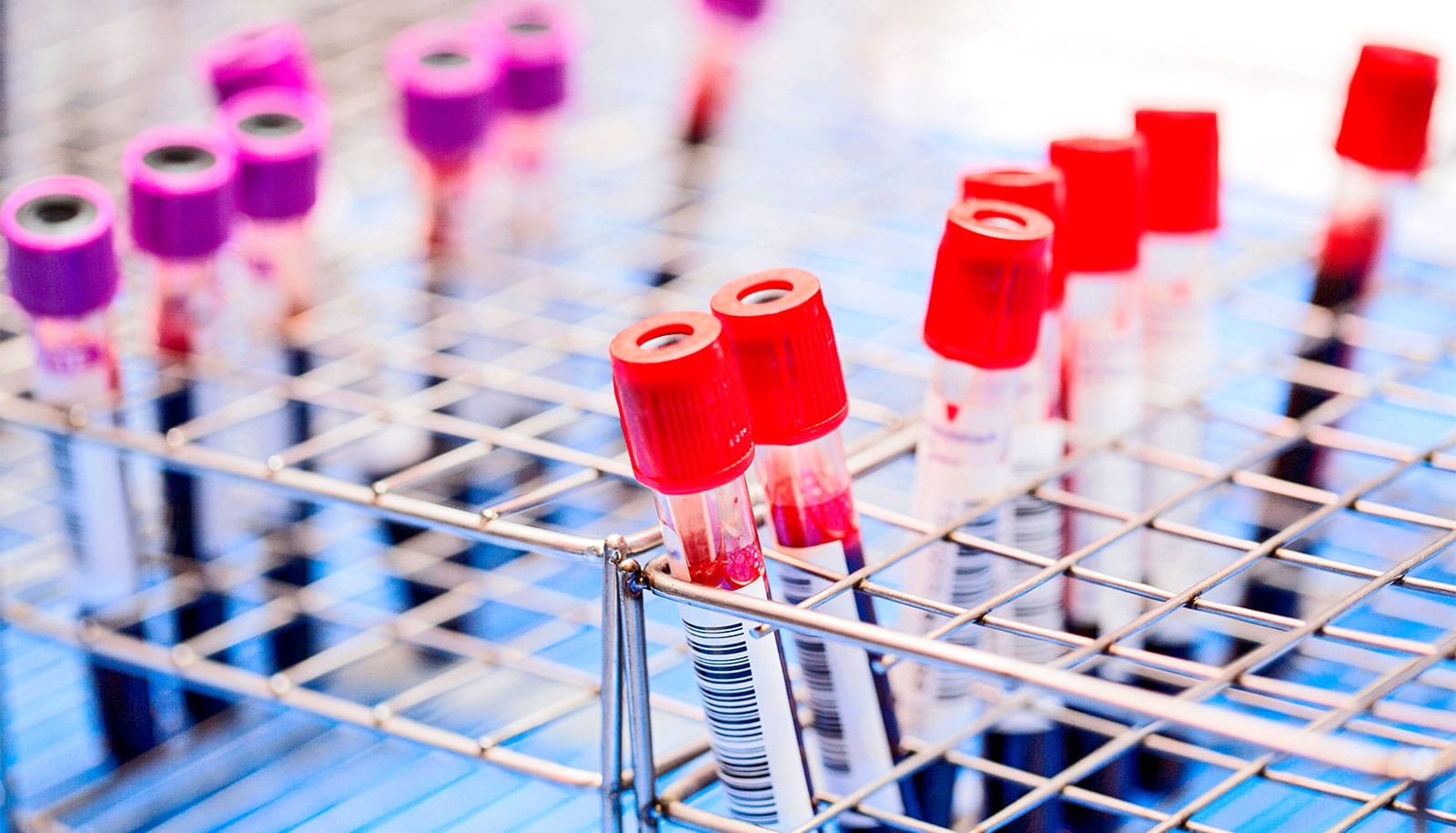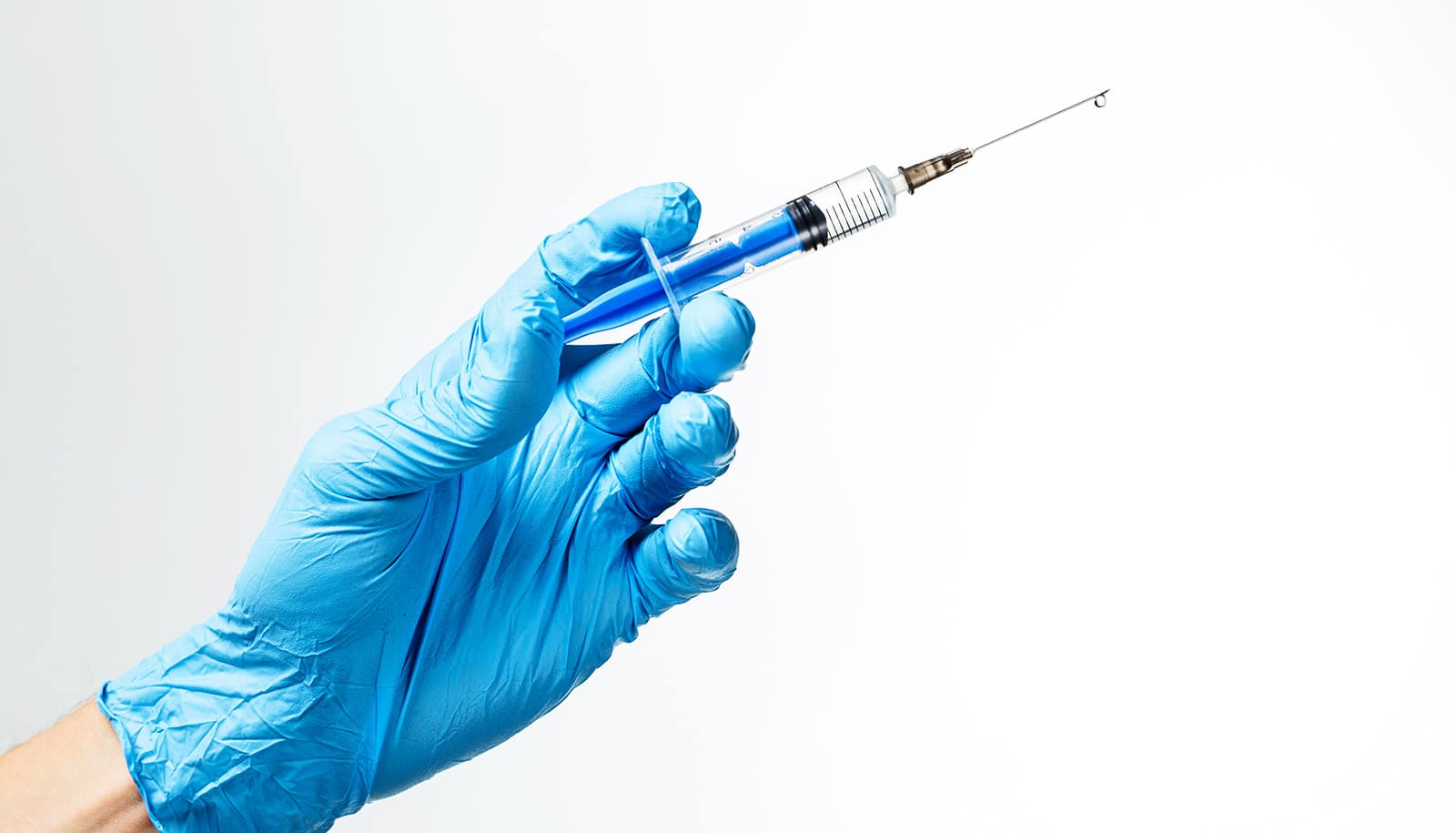Genetic material shed by tumors can be detected in the bloodstream three years prior to cancer diagnosis, according to a study.
Investigators were surprised they could detect cancer-derived mutations in the blood so much earlier, says lead study author Yuxuan Wang, an assistant professor of oncology at the Johns Hopkins University School of Medicine.
“Three years earlier provides time for intervention. The tumors are likely to be much less advanced and more likely to be curable,” Wang says.
To determine how early cancers could be detected prior to clinical signs or symptoms, Wang and colleagues assessed plasma samples that were collected for the Atherosclerosis Risk in Communities (ARIC) study, a large National Institutes of Health-funded study to investigate risk factors for heart attack, stroke, heart failure, and other cardiovascular diseases.
They used highly accurate and sensitive sequencing techniques to analyze blood samples from 26 participants in the ARIC study who were diagnosed with cancer within six months after sample collection, and 26 from similar participants who were not diagnosed with cancer.
At the time of blood sample collection, eight of these 52 participants scored positively on a multicancer early detection (MCED) laboratory test. All eight were diagnosed within four months following blood collection. For six of the eight individuals, investigators also were able to assess additional blood samples collected 3.1–3.5 years prior to diagnosis, and in four of these cases, tumor-derived mutations could also be identified in samples taken at the earlier timepoint.
“This study shows the promise of MCED tests in detecting cancers very early, and sets the benchmark sensitivities required for their success,” says Bert Vogelstein, professor of oncology, co-director of the Ludwig Center at Johns Hopkins, and a senior author on the study.
Adds Nickolas Papadopoulos, professor of oncology, Ludwig Center investigator, and senior author of the study: “Detecting cancers years before their clinical diagnosis could help provide management with a more favorable outcome. Of course, we need to determine the appropriate clinical follow-up after a positive test for such cancers.”
The study appears in Cancer Discovery.
Support for the study came in part from the National Institutes of Health. Additional funding was provided by the Virginia and D.K. Ludwig Fund for Cancer Research, the Commonwealth Fund, the Thomas M Hohman Memorial Cancer Research Fund, The Sol Goldman Sequencing Facility at Johns Hopkins, The Conrad R. Hilton Foundation, the Benjamin Baker Endowment, Swim Across America, Burroughs Wellcome Career Award for Medical Scientists, Conquer Cancer–Fred J. Ansfield, MD, Endowed Young Investigator Award, and The V Foundation for Cancer Research. The Atherosclerosis Risk in Communities study has been funded in whole or in part with federal funds from the National Heart, Lung, and Blood Institute, National Institutes of Health, Department of Health and Human Services.
Source: Johns Hopkins University



